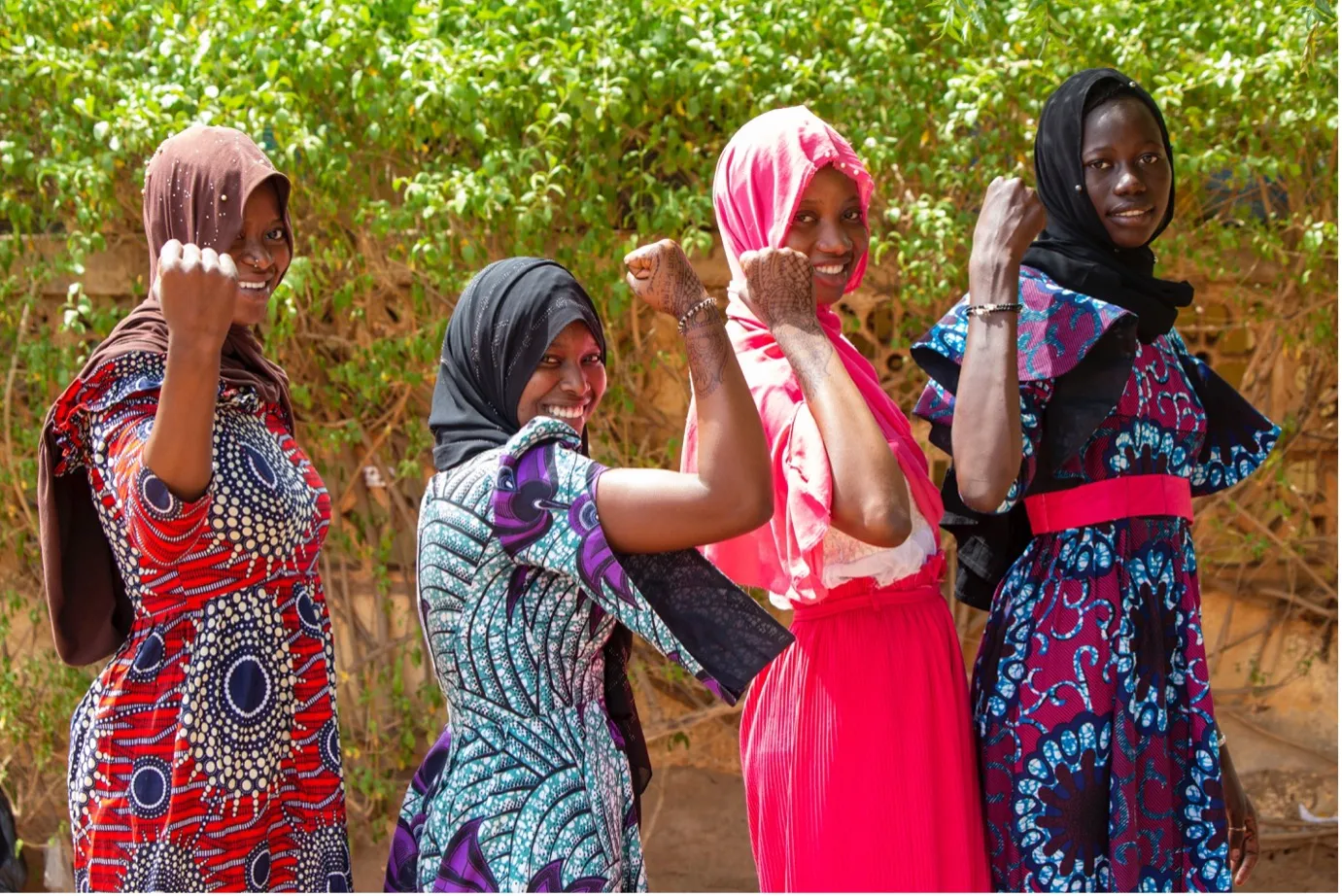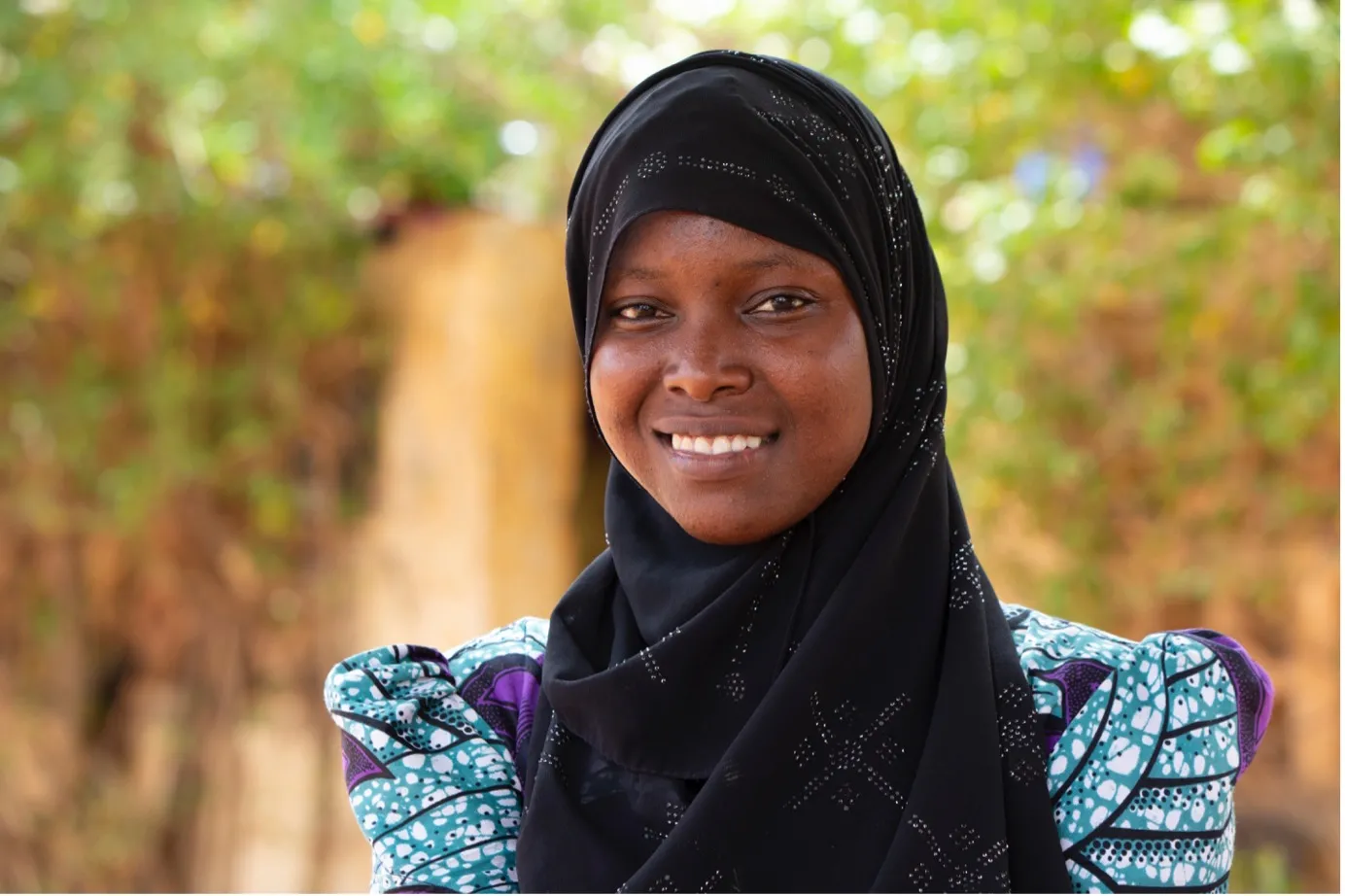Every year on October 11, the United Nations celebrates “International Day of the Girl Child” to “recognize girls’ rights and the unique challenges girls face around the world.”
Early and forced marriage is one of the most challenging — and most often overlooked — crises facing girls and young women around the world.
Every year, another 12 million girls are thrust into early marriages, endangering their education, health, and emotional well-being.
And the rise in conflict and displacement worldwide is only increasing girls’ risk of marrying young.
Without further action, UNICEF estimates more than 100 million additional girls will marry before their 18th birthday by 2030.
This year, CARE is celebrating International Day of the Girl with a multi-day digital campaign to elevate girls’ voices worldwide, #TakeTheMic.
In Mali, Bintou is a prime example of the good things that can happen when girls – even those in extreme circumstances like forced marriage – get to speak for themselves. But Bintou is also a prime example of how hard facing these challenges can be.
“This wealthy man they wanted to marry me to was about 40 years old, the same age as my father,” she says. “I refused, saying that I wanted to complete my studies. My father was furious.”





